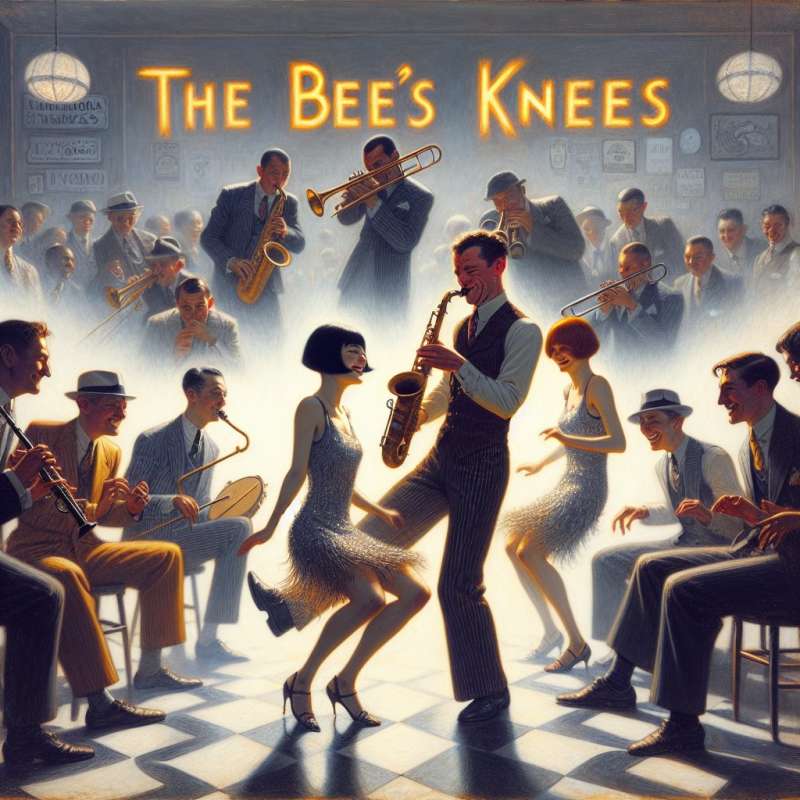
Defining Slang Etymology
The study of slang's origin and historical development. Etymology investigates how these informal terms enter the mainstream from subcultures or marginalized groups.
Slang's Linguistic Rebellion
Slang defies formal language, embodying rebellion and identity. It often emerges from youth, countercultures, or social movements, challenging established linguistic norms.
Cockney Rhyming Slang Roots
Originating in 19th-century London's East End, Cockney rhyming slang ingeniously encoded speech. Phrases like 'apples and pears' for stairs kept communication cryptic to outsiders.
Jazz Age Slang Transformation
1920s America saw slang flourish with jazz culture. Words like 'the bee's knees' captured the era's innovation, becoming symbols of the Roaring Twenties' zest.
Internet Era Slang Evolution
Digital communication rapidly generates new slang. Memes, viral trends, and online communities spawn words like 'ghosting' or 'trolling', reflecting contemporary social dynamics.
Globalization's Slang Exchange
Global interactions facilitate slang's cross-pollination. English 'selfie' or Japanese 'karaoke' are now international, illustrating cultural exchanges shaping modern slang.
Predicting Slang's Lifespan
Slang's life cycle is unpredictable. Some words disappear as quickly as they appear, while others, like 'cool', endure and become permanent language fixtures.
What studies slang's historical development?
Linguistic anthropology
Slang etymology
Sociolinguistics
Company